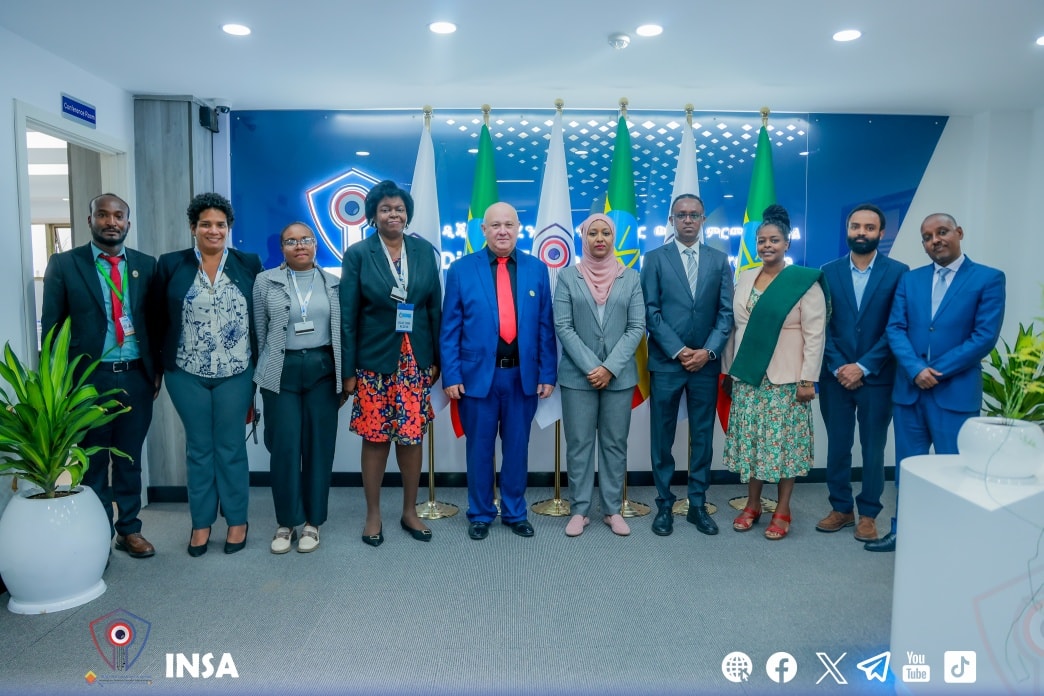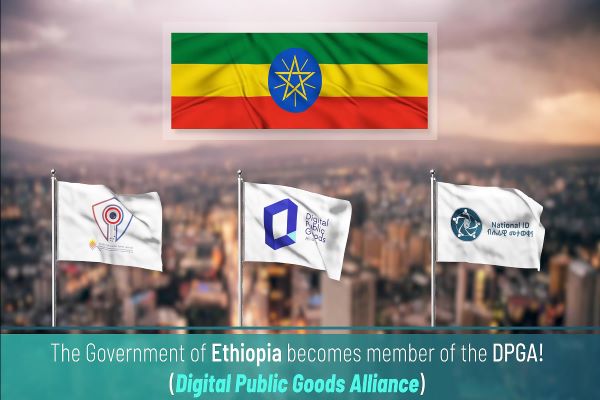The Government of Ethiopia joins the Digital Public Goods Alliance (DPGA) as a member. - en
Aplicacions anidades
Publicador de continguts
Ethiopia’s Information Network Security Administration (INSA) has joined the Digital Public Goods Alliance (DPGA). This membership is a testament to the country's firm commitment to a robust digital public infrastructure (DPI) leveraging digital public goods (DPGs) in accelerating its digital transformation objectives of the Ethiopian Digital 2025 strategy and the Homegrown Economic Reform Agenda.
As a DPGA member, the Information Network Security Administration (INSA) has established a committee of representatives from key sectors to leverage emerging and existing DPGs, such as the Fayda (MOSIP) core identity platform, DHIS2 health information system, and an X-Road sandbox. These open-source resources offer cost-effective solutions tailored to the unique needs of the country fostering innovation and customization.
Joining the DPGA allows the country to engage in a mutually beneficial relationship with other member nations, sharing experiences and learning from each other in using DPGs to create digital public infrastructures (DPIs). This collaboration is expected to lead to more unified global standards in digital transformation policy. Additionally, the development of DPI based reference architecture in the country signals its strategic intent to use DPGs as a blueprint for Ethiopia's digital transformation. The creation of a DPI Sandbox will provide a controlled environment for experimentation, testing, and learning.
In joining the DPGA, Ethiopia marks a significant milestone in the nation's digital journey, showcasing its readiness to embrace global digital advancements and incorporate DPGs as a crucial part of its national strategy, paving the way for a digital future.
For more information on Ethiopia's 2023 DPGA Roadmap, reach out to Yodahe Zemicahel at yodahe@id.gov.et
For inquiries about the Digital Public Goods Alliance, contact hello@digitalpublicgoods.net


